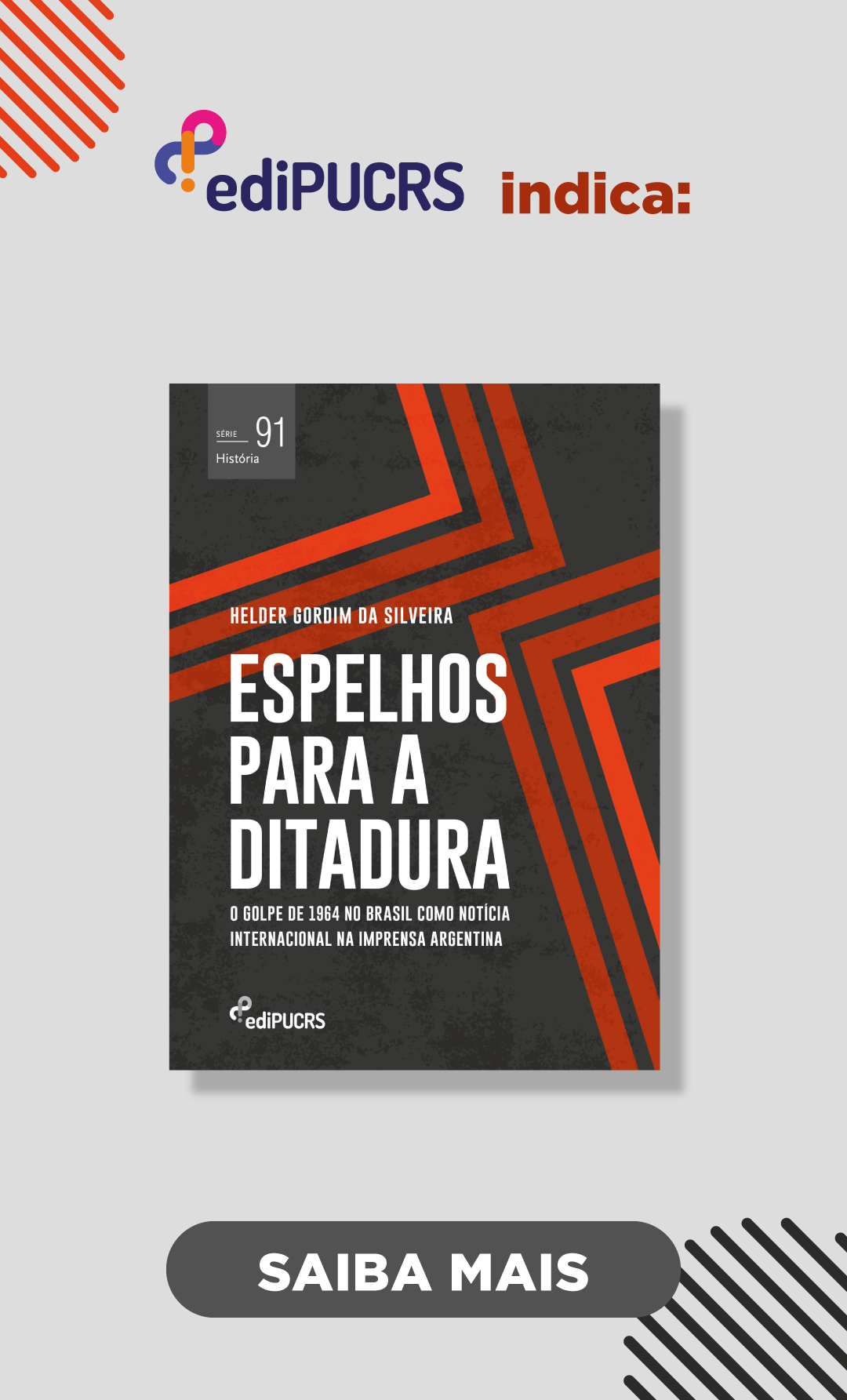Life trajectories in historical perspective: Joey Ramone and Marky Ramone
DOI:
https://doi.org/10.15448/21778-3748.2019.1.32926Keywords:
Counterculture. Punk rock. Youth. United States.Abstract
this article aims to discuss some elements that marked the generation of American youth of the 1960s and early 1970s, which, after the end of World War II, experienced a period of political and social discontent that led to numerous conservative behaviors established so far. In this way, we will analyze the autobiographical and biographical works of musicians Marky Ramone and Joey Ramone in order to identify how young people before becoming world rockers faced the political and cultural dilemmas of the United States, such as the repulsion of war of Vietnam, the friction with the generation of his parents and the denial of the hippie movement. We will discuss that the emergence of the counterculture presented several aspects, and that, in contradiction of those who only wanted peace and love, on the other hand, there was something more aggressive in the urban suburbs, which later came to structure itself as the punk movement. All these elements permeate the uncertainties of the youth of our characters, who are the focus of the research, and that, with the use of biographical analysis as sources of historical research, we will explore the methodological possibilities of this theoretical field to consolidate the argumentation of this search.
Downloads
References
BERAS, Cesar; FEIL, Gabriel Sausen (org.). Sociologia do Rock. Jundiaí: Paco Editorial, 2015.
BELL, Marc. Punk Rock Blitzkrieg: Minha Vida como um Ramone. Trad. Aline Azuma. São Paulo: Editora Planeta, 2015.
DOSSE, François. O Desafio Biográfico: Escrever uma Vida. Trad. Gilson César Cardoso de Souza. São Paulo: Editora da Universidade de São Paulo, 2015.
ELIAS, Norbert; SCOTSON, John L. Os Estabelecidos e os Outsiders: sociologia das relações de poder a partir de uma pequena comunidade. Trad. Vera Ribeiro. Rio de Janeiro: Jorge Zahar, 2000.
ENGELMANN, Deise Cristina. O Futuro da Gestão de Pessoas: como lidaremos com a geração Y? 2009. Disponível em: http://www.rh.com.br/Portal/Mudanca/Artigo/4696/o-futuro-dagestao-de-pessoas-como-lidaremos-com-a-geracao-y.html Acesso em: 31 jan.19.
GALLO, Ivone Cecília D’ávila. Punk: Cultura e Arte. Revista Varia História, Belo Horizonte, v. 24, n. 40, p.747-770, jul./dez. 2008. https://doi.org/10.1590/S0104-87752008000200024
HARTOG, François. Regimes de Historicidade: Presentismo e Experiências do Tempo. Belo Horizonte: Autêntica Editora, 2015.
KOFMAN, Veronica; RAMONE, Dee Dee. Lobotomy: Surviving the Ramones. New York, Thunder Mouth Press, 2000.
LEIGH, Mickey. Eu Dormi com Joey Ramone: Memórias de uma Família Punk Rock. Porto Alegre: Dublinense, 2013.
MARCUSE, Herbert. A Ideologia da Sociedade Industrial: O Homem Unidimensional. 4. ed. Trad. Giasoni Rebuá. Rio de Janeiro: Zahar Editores, 1973.
MORAES, Everton de Oliveira. Deslocados, Desnecessários: O Ódio e a Ética nos Fanzines Punks (Curitiba, 1990-2000). Mestrado (Dissertação em História) - UFSC, Florianópolis, 2010.
MOORE, Allan F. Analyzing Popular Music. United Kingdom: Cambridge University Press, 2003. https://doi.org/10.1017/CBO9780511482014
ROSA, Alice Câmara. O Livro Beat: O Design de Livros-Objeto de Autores Beatnik. Graduação (Monografia) - Universidade de Federal do Rio Grande do Norte, Natal, 2017.
ROMBES, Nicholas. Ramones 33 1/3. New York/London: Continuum, 2011.
SANTOS, Fernando Silva. There is no Future: Autonomia e Histerologia em Três Acordes. In: BERAS, Cesar; FEIL, Gabriel Sausen (org.). Sociologia do Rock. Jundiaí: Paco Editorial, 2015.
SOTO, Ernesto; ZAPPA, Regina. 1968: Eles só Queriam Mudar o Mundo. 2. ed. Rio de Janeiro: Zahar, 2018.
Downloads
Published
How to Cite
Issue
Section
License
Copyright
The submission of originals to Oficina do Historiador implies the transfer by the authors of the right for publication. Authors retain copyright and grant the journal right of first publication. If the authors wish to include the same data into another publication, they must cite Oficina do Historiador as the site of original publication.
Creative Commons License
Except where otherwise specified, material published in this journal is licensed under a Creative Commons Attribution 4.0 International license, which allows unrestricted use, distribution and reproduction in any medium, provided the original publication is correctly cited.





